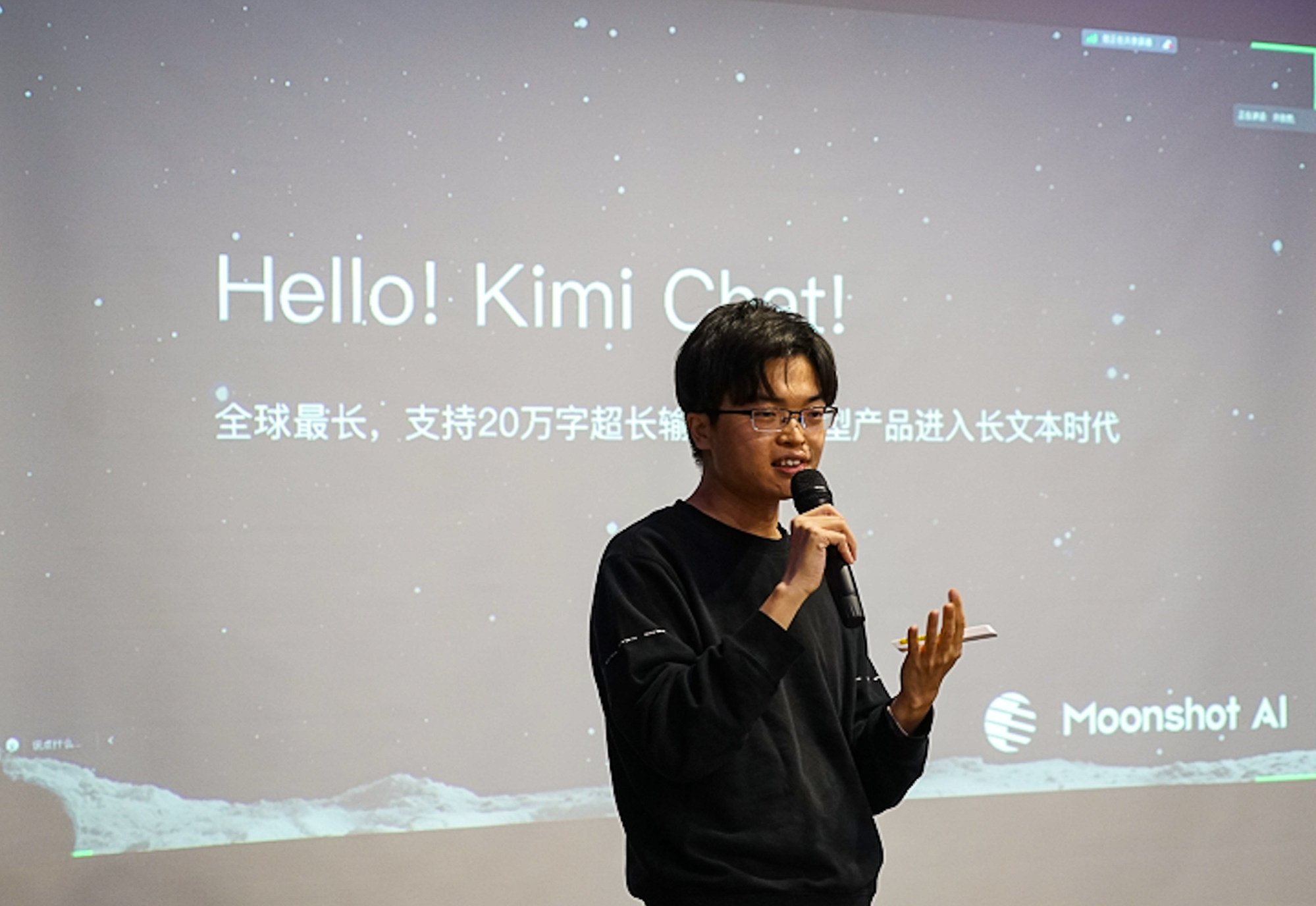The Beijing-based company is offering six tiers of ‘top-up’ plans, ranging from 5.2 yuan for four days to 399 yuan for a year of ‘priority use’. In March, it claimed to be able to process up to 2 million Chinese characters in a single prompt, up from 200,000 in a previous version. — SCMP
Moonshot AI’s Kimi Chatbot has started charging fees in return for faster responses, joining a growing list of Chinese artificial intelligence (AI) companies testing the waters of profiting from mass users.
The chatbot, also known in Chinese as Yuezhi Anmian, launched the new features to offer users faster responses, Chinese media Jiemian News reported on Sunday.
Beijing-based Moonshot AI is offering six tiers of “top-up” plans, ranging from 5.2 yuan (RM3.43) for four days to 399 yuan (RM263) for a year of “priority use”, according to screenshots shared by its users on China’s social media platform Weibo.
Kimi Chatbot, launched last October and powered by Moonshot AI’s self-developed Kimi large language model (LLM), has been seen as China’s answer to ChatGPT from Microsoft-backed start-up OpenAI. LLMs are the technology used to train generative AI services like ChatGPT.
In March, Kimi Chatbot claimed it could process up to two million Chinese characters in a single prompt, a major upgrade from a previous version that could only handle 200,000.
However, as user numbers surged over a short period, technical glitches resulted from an overwhelming number of prompts. On March 21, the Kimi app and website crashed for hours, due to “overload” issues, according to local media reports.
With the latest top-up service, Kimi Chatbot said it will “prioritise the inference computing power” for users who have paid for the service when “computing power is insufficient during peak hours”, according to the company’s payment agreement.
As training and operating AI tools cost tens of millions of dollars, some companies are exploring business models to generate revenue from consumers.
OpenAI’s ChatGPT, which is not accessible to users in China and Hong Kong, has charged US$20 (RM93) a month for unlimited prompts and early access to new features.
Ernie Bot, Chinese search engine giant Baidu’s chatbot, became the first one in the country to charge for public use. From last November, it charged 59.9 yuan (RM39.56) a month for a single-month membership for Ernie Bot 4.0, which can generate higher-resolution images for its text-to-image function. Baidu’s Ernie Bot 3.5 is still free for public use.

Of the approximately 200 China-developed LLMs in the market, very few are focused on generating revenue from consumers. Instead, most charge corporate customers and developers based on use of their LLMs’ application programming interfaces.
TikTok owner ByteDance commercially launched a batch of its Doubao LLMs last week, with the Doubao Pro LLM costing as low as 0.0008 yuan per 1,000-token prompt, according to a company statement.
In AI, a token is a fundamental unit of data that is processed by algorithms, which makes 1,000 tokens equivalent to about 750 English words.
Meanwhile, Alibaba Group Holding’s Qwen-72b-chat LLM charges 0.02 yuan for every 1,000 tokens. Some of its other LLMs, such as the Qwen1.5-110b-chat and the Qwen1.5-32b-chat, are free of charge for a limited time. Alibaba owns the South China Morning Post.
Baidu’s Ernie 4.0 LLM and start-up ZhiPu AI’s GLM-4 LLM are charging 0.12 and 0.1 yuan, respectively, for 1,000 tokens. – South China Morning Post





